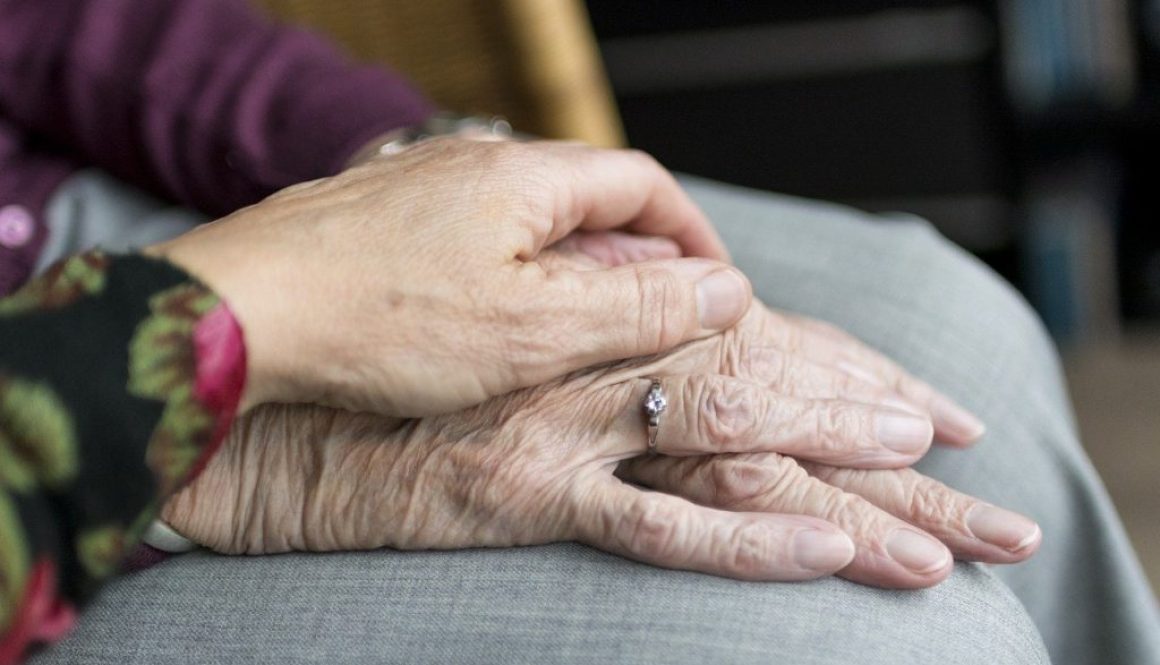Death Doulas: Compassionate End of Life Care
Death doulas deliver compassionate care at end of life. They’re non-medical professionals known by many names: death coaches, soul midwives, transition guides and end-of-life coaches, among others. Much like birthing doulas ensure care and support to families as babies say hello to the world, death doulas provide holistic care and comfort as elders say goodbye.
We expect the same honor and dignity in death as we do in life. Many elder care partners seek comfort care and support for their loved ones in their final days. They often turn to hospice care agencies to provide and coordinate a plethora of services to help the dying individual and their care-partner team.
But what exactly do death doulas do? Will hospice help to coordinate such services? Are they a good fit within your life care plan? For so many, the answer is yes.
Death Doulas in Your Life Care Plan
A death doula, much like a midwife during the days and weeks around the birthing process, attends to all aspects of care and support during the dying process. You may find a death doula holding a dying person’s hand, listening to family stories or even washing dishes so stressed care partners may rest.
Their loving care involves so much more before, during and after death.
Life Care Planning
You may choose to include a death doula in life care team building and planning. They are trained and often certified to serve numerous vital roles in administering and advising, among others:
- Pain management
- Daily responsibilities
- Spiritual care
- Emotional counseling
- Home environment
- Respite support
- Honorary services & burial
A death doula will work alongside hospice and other care partners to understand your individual needs. They may also help to educate the care-partner team about realities of the dying process. With greater understanding comes better planning.
Companionship
Most elders in their final days want someone at their side. It’s easy to understand this very natural human desire. The dying process, for many, includes lifelong self-reflection, flipping through a treasure trove of memories and experiences. They often like to tell these tales — good and bad, love and loss, children and grandchildren, school and career.
Death doulas may join family and friends in hearing hours of fascinating stories. They may also sit alone in silence with your loved one, both enjoying the pleasant simplicity of the other’s company. These moments of companionship, conversation and silent contemplation bring comfort to everyone involved.
Emotional Counseling & Spiritual Care
The dying process can be overwhelming and scary for everyone involved. A death doula is an expert at counseling and coordinating spiritual care of any denomination.
A person at end of life may experience a spectrum of emotions from extreme agitation and sadness during pain to elation during a visit from close kin. Family and friends experience overwhelming grief for much of the dying process, often with very few happy moments or glimmers of hope. Religious and emotional counseling can make sense of intense emotions and allow everyone to say goodbye in peace and without regret.
Respite Care
Everyone needs a break, a breather, some time to themselves or to run personal errands. That’s why you’re just as likely to spot a death doula at your elder’s bedside as running a vacuum in the living room. Doulas support you in any way necessary — whether watching children so adults may visit in peace or reading a book with your elder as you run to the store.
Team Coordination
The dying person and their care partner team each have important roles to play. A brother may cook dinners while a daughter or niece may coordinate bath times or daily meds. The death doula can be a traffic signal for the team, reminding care partners to perform tasks or stepping in themselves for support.
Some with severe terminal illnesses — like cancer or dementia — prefer a relatively small group of close family and friends to visit their bedside. Your doula can coordinate visitations and facilitate an honorable environment for those wishing to pay respects.
Honorary Services
Some elders and families prefer for services in the home or care community. If desired, home services provide a private, dignified environment to honor life. Home vigils are common for:
- Grief management
- Religious preferences
- Natural burials
Services may be religious or spiritual and also known by many names. Some last hours or several several days. Or they may be simple celebrations of life. Families may decorate caskets and recall life stories in the presence of the deceased. Your death doula can coordinate bedside services to include prayers, hymns, scripture readings and other rituals dear to your faith and traditions.
Is a Death Doula the Right Fit for Your Care Partner Team?
It’s a matter of preference. Death doulas can serve roles in all facets of end-of-life care. Just as a midwife would assist the expectant mother, baby and family before, during and after birth, a death doula provides caring structure, support and guidance before, during and after death.
Don’t wait too long to craft a plan and build a care team. Your loved one likely has specific needs and wants for their final days. You’ll only learn these through ongoing conversations while your loved one is cognitively aware and care partner emotions are calm enough to assess all options and wishes.
If you need help, Caregiver Support and Resources, LLC has over 25 years of experience with all aspects of life care planning including hospice care and death doulas. We’re happy to provide referrals and guide the process in a caring and compassionate way.

